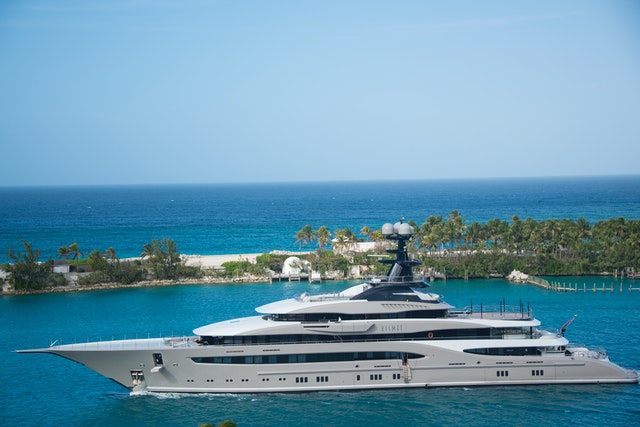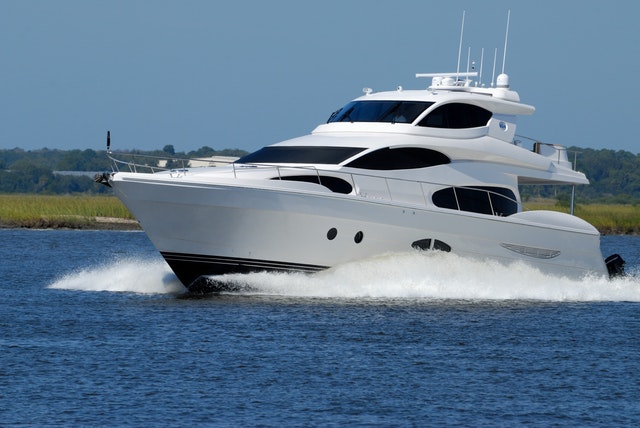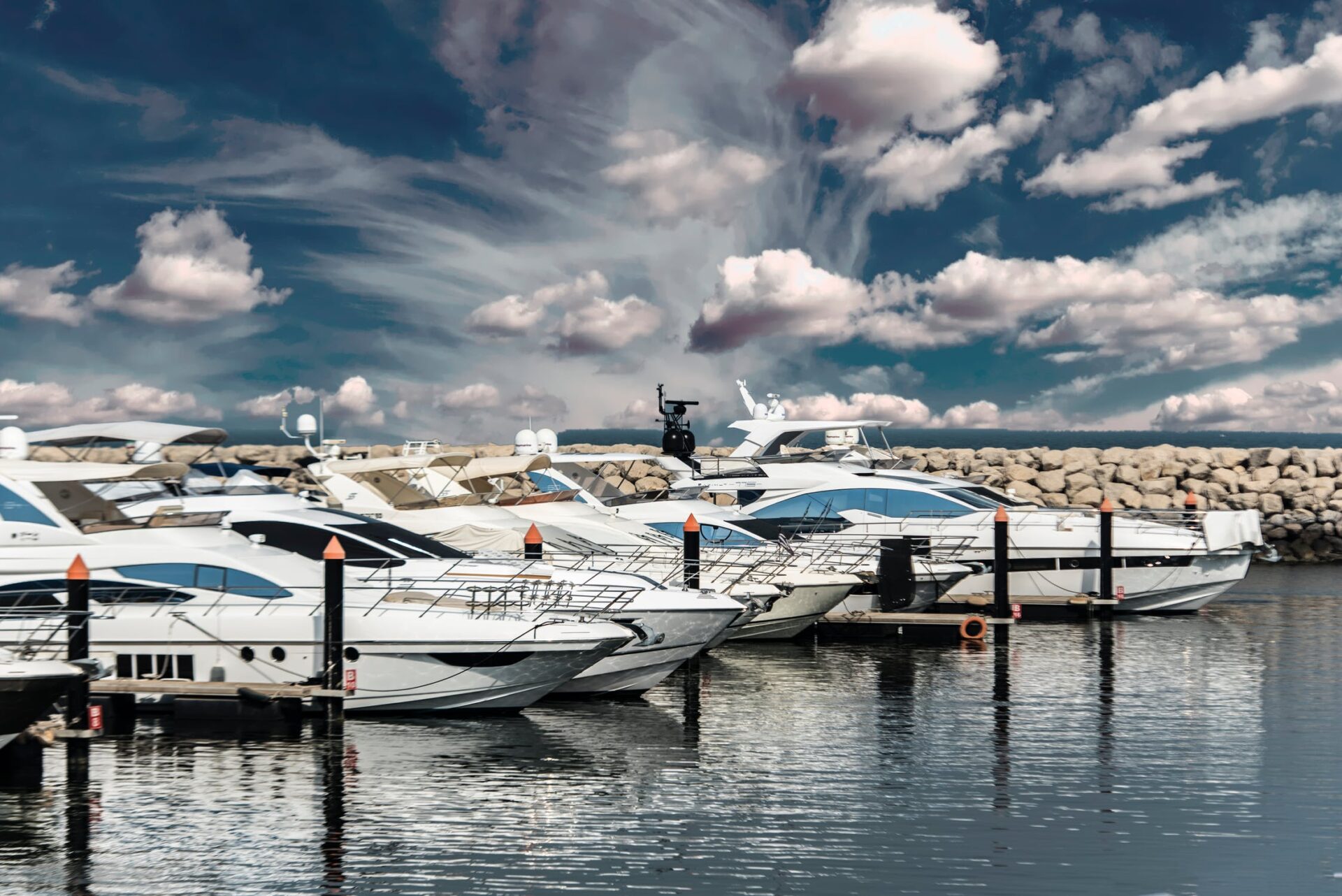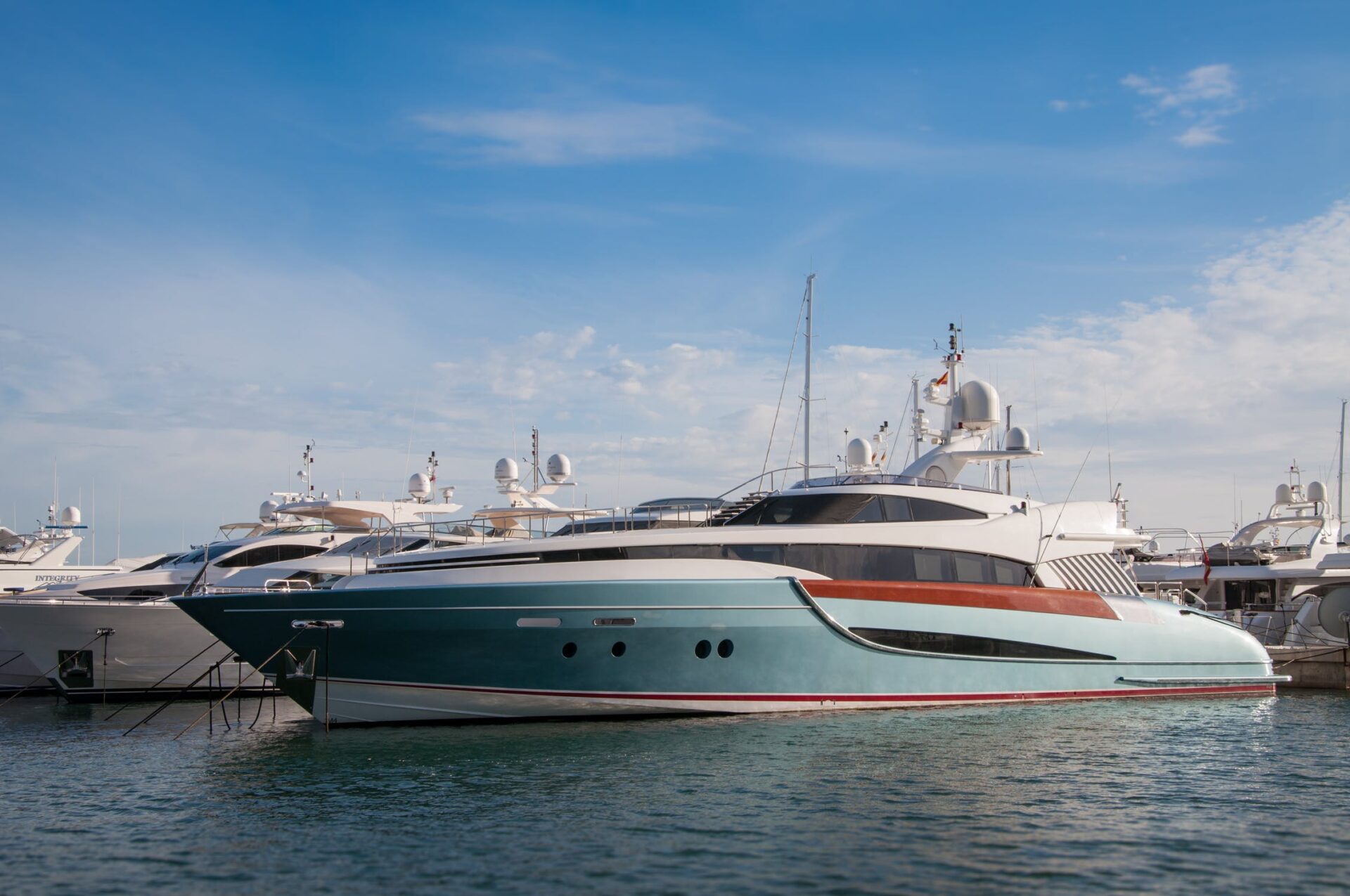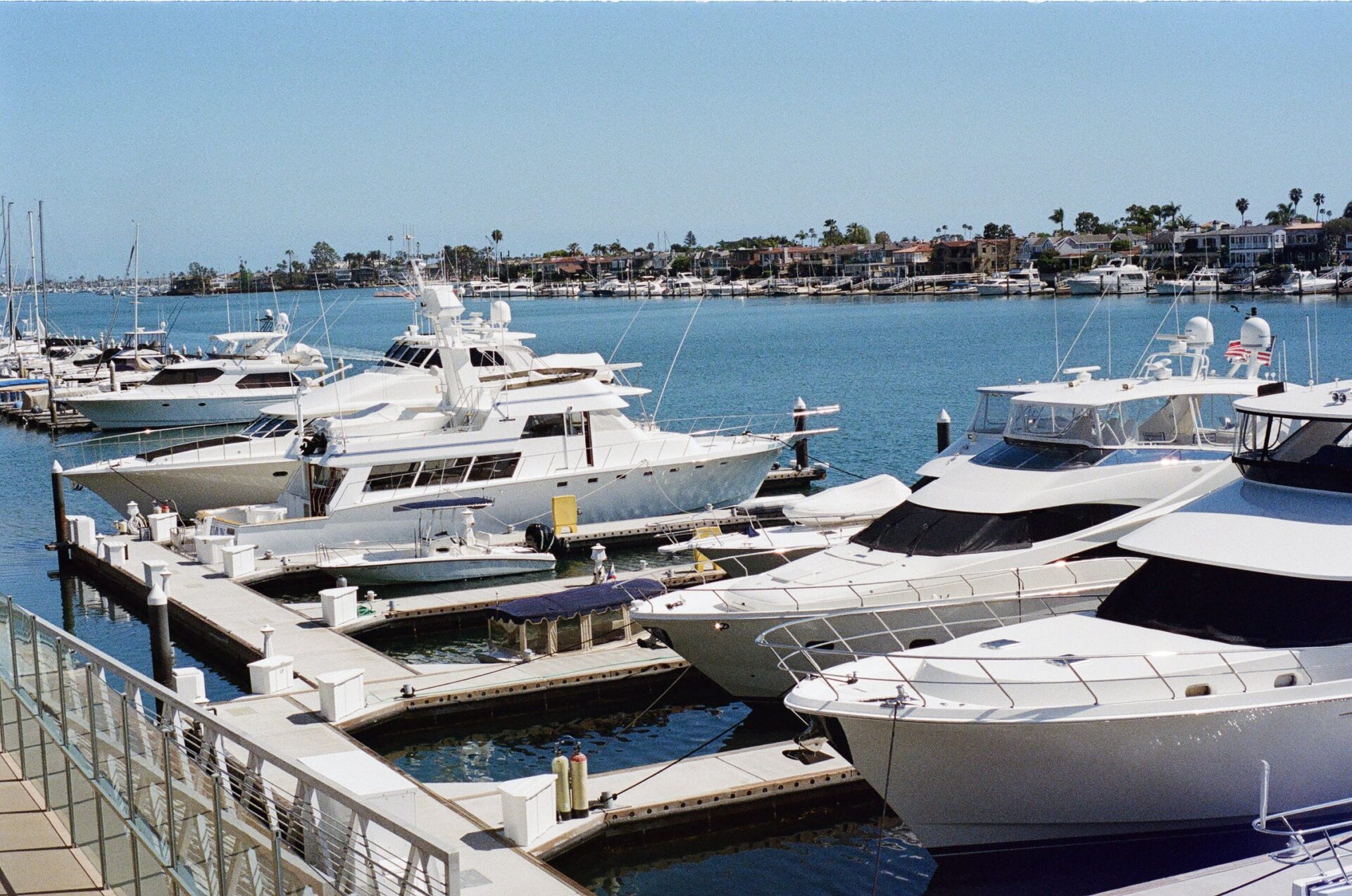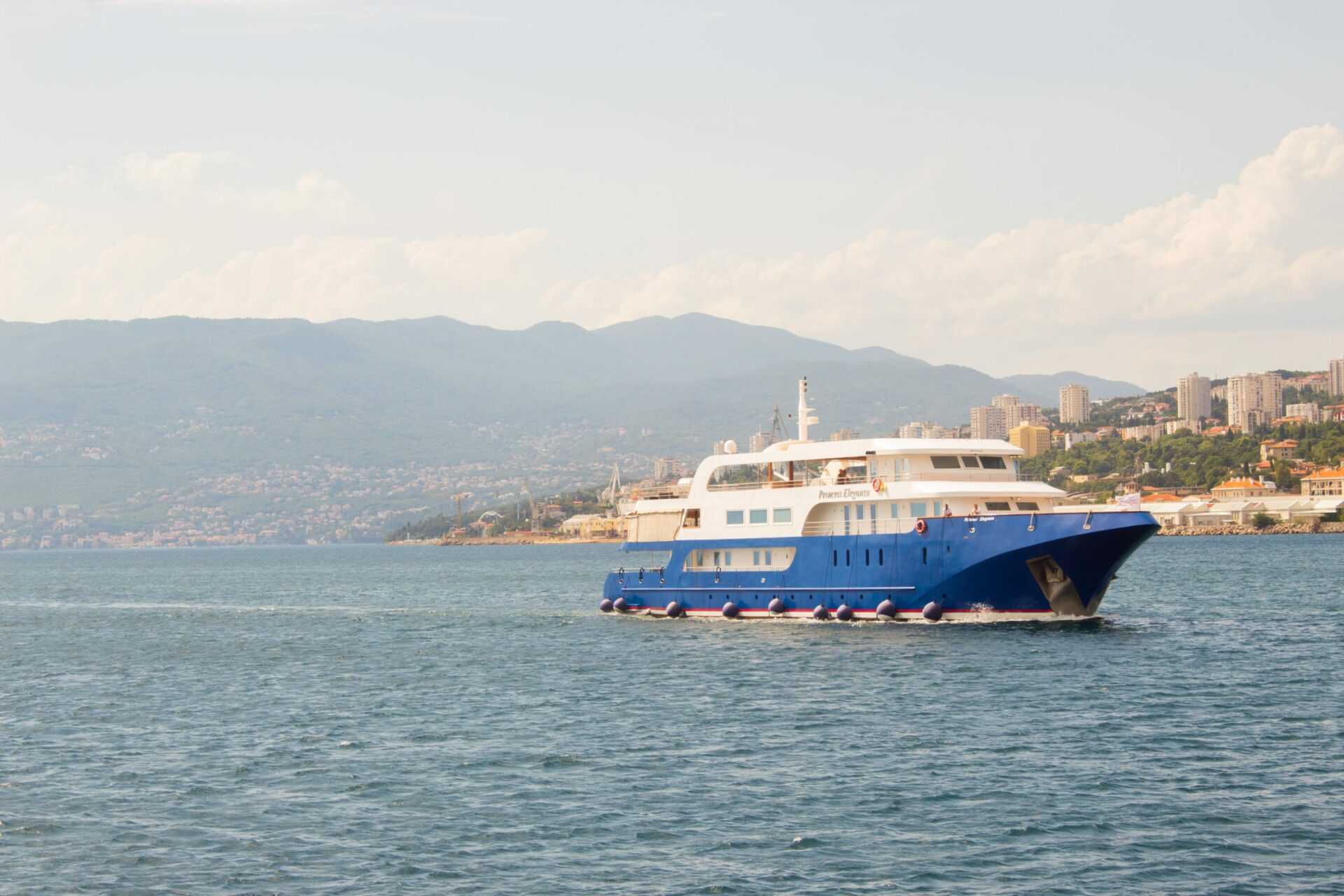
Whether you are planning to buy a yacht alone or with others, there are a number of due diligence checks you should carry out beforehand. Undertaking proper yacht due diligence checks will ensure you are not locked into a contract for a yacht that needs significant repairs, is burdened with liabilities or has not met compliance standards.
In this blog, we have set out the key yacht due diligence checks recommended when you’re looking to buy a yacht:
Documents
A number of documents must be obtained from the seller of the yacht and checked before you even decide that you would like to purchase it. These include:
Title documents
When buying a yacht, the certificate of registry is evidence of ownership. When buying a pre-owned boat, the bill of sale will confer ownership to you.
If you are buying a UK registered yacht, the UK Ship Register should be checked to ensure the seller actually owns the yacht and, therefore has the right to sell it to you. Certain yachts do not carry a legal requirement to be registered, so further due diligence is needed when buying an unregistered vessel. If the yacht is unregistered (even in the case of a registered yacht), the seller should provide the original builders certificate and records of ownership throughout the yacht’s life (including bills of sale). This is also particularly useful when purchasing a second-hand yacht.
Evidence of payment of repairs (invoices), mooring fees, insurance, sailing club membership will provide further confirmation of ownership. Marine finance institutions should be contacted to find out if there are outstanding debts owed on the boat.
The builder’s certificate
A builder’s certificate is the certificate issued by the builder of the yacht confirming when the yacht was built as well as its key specification.
For registration of a yacht in the UK, this is called a “MSF 4743” certificate. The exact government form does not need to be used, as long as the requisite details are included. If buying through an agent, ensure a builder’s indemnity is given as to the yacht’s condition.
The VAT certificate
All privately owned yachts in the EU have to be VAT paid. Evidence of this may be required when visiting other EU countries.
VAT is payable on new yachts purchased from VAT-registered sellers in the UK or other EU country.
If buying a previously owned yacht, VAT may be payable if the yacht has increased in price since VAT was first paid and the seller is VAT-registered.
If a yacht is to be imported from outside the EU, VAT is payable upon importation. Provided VAT has been paid within an EU member country; the yacht has a right of movement within the EU.
If VAT should have been paid but was not, or there is no proof of the VAT status, or the VAT paid has been reclaimed by the previous owners, the current owner is liable for any VAT due. This is why it pays to be diligent.
Ideally, proof will be the provided by the original VAT invoice from the yacht’s first sale or when it was first imported (although see the proviso above as to increases in value). A bill of sale is an alternate, although a less secure form of proving the yacht is under UK tax authority. However, a bill of sale is only applicable if the sale was between private individuals. If the yacht was purchased from a VAT registered business in the EU, the invoice should state VAT has been paid.
Vessels built before 1 January 1985 are considered VAT paid if they came into the EU before 31 December 1992. Evidence of these dates is needed, which may be in the form of a builder’s certificate, part 1 registration (in the UK Shipping Register), marine certificate or insurance documents. In some circumstances, VAT may not need to be paid, for example if you are transferring residence from outside the EU.
VAT matters can become very complex, for example if a yacht is VAT-paid but then sold outside the EU or if the yacht is kept outside the EU for more than three years. In such cases, VAT will have to paid again when the yacht re-enters EU waters.
Service records
It is also important to obtain service records. These documents will inform you of previous work that has been completed on the yacht as well as expose any weaknesses in construction. This is not strictly necessary for new builds. Damage the yacht has sustained and repairs carried out should always be recorded.
Mooring charges
Obtaining records of mooring charges will ensure there are no outstanding payments that you might become liable for.
Yacht accounts
This is applicable if purchasing a yacht from a yachting syndicate.
Check www.stolenboats.org.uk
This will ensure the yacht and its equipment have not been illegally obtained.
Further due diligence checks if buying a new boat
For UK yachts, they should be built to Boat Safety Scheme standards and have a valid compliance certificate from the relevant navigation authority. If you are buying a yacht from outside the EU, the EU’s Recreational Craft Directive will need to be complied with, and ‘CE’ marked to certify this in certain circumstances.
Further due diligence checks if buying a pre-owned boat
When looking at yachts through a yacht broker ensure the broker is a member of an industry approved organisation and has indemnity insurance. These two aspects will protect you if something goes wrong with the sale.
Perform a condition survey, out-of-water / dry dock survey and engine survey
An offer to purchase should be subject to a dry dock survey, engine testing and seal trial as a minimum. The types of survey required will largely depend on the yacht’s value, age and other characteristics. For some yachts, a hull survey will be necessary, or a full survey including rig, sails, engine and equipment. Technical characteristics which distinguish the yacht from others may need a separate and specialist survey. Surveyors are liable for remedying faults they missed, so obtaining a survey provides a lot of security for buyers. Issues identified by the surveyor will be grounds to negotiate a lower price, or the seller can be made to remedy them before the sale goes through. Be sure to check the surveyor is a member of a professional body and has indemnity insurance before contracting them.
Sea trial
Sea trials are not as commonplace as condition surveys but are often necessary, especially if the yacht has systems which can only be tested while in operation. The surveyor who performed the condition survey should also conduct the sea trial. Sea trials are at the expense of the buyer, but the cost may lead to avoiding the purchase of a yacht with significant and costly defects (which is why we advise is it carried out as soon as possible before signing contracts).
If a sea trial is not undertaken the buyer will be deemed to have accepted the boat’s condition as stated in the condition survey.
Some of the things that the surveyor will need to check during the sea trial are:
- The hull and full structure
- The steering and navigational equipment
- The engine, including whether the engine runs to the manufacturer’s stated maximum revolutions, whether the engine runs too hot or cold, difficulty in starting the engine, engine instrumentation functioning,
- Presence of any oil, fuel or cooling water leaks and sufficiency of cooling water
- Presence of engine alarms sounding
- Gas and fuel installations, including presence of excessive exhaust gases
- A superficial examination of the machinery and electrics (to get a full report you will need to commission a limited scope survey)
- Functioning of sterndrive trim functioning and stern equipment
- Functioning of drive trim tabs
- Safety equipment
- Masts, riggings and sails (if applicable)
- Water leaks
Saracens’ Advice for Yacht Purchases
You can read our “Guide to Buying a Yacht”, which covers the buying process including the agreement and warranties here. Saracens provide reliable and high-quality advice on matters relating to yacht and other high-value purchases. They will ensure proper due diligence checks are carried out to help prevent future losses. Buying a yacht is a significant investment and obtaining quality legal advice will ensure your investment is a wise one.
If you are looking to buy a yacht and think you might require legal advice, please phone us on 020 3588 3500 to speak to one of our solicitors.
Do you have any thoughts on this piece or experiences involving buying a yacht? If so, please feel free to share your thoughts in the comments below.
In this blog, we have set out the key yacht due diligence checks recommended when you’re looking to buy a yacht:
Table of content
Recent Posts
Tokenization: UK Law On Tokenizing Real-World Assets
The world of finance is being reshaped by tokenization, where [...]
Lidl v Tesco: A Clubcard Catastrophe
In an unexpected turn of events, discount supermarket giant [...]
EU vs Big Tech (Apple / Meta / Google): A Breakdown On The Crackdown
The European Union (EU) has launched investigations into three [...]

